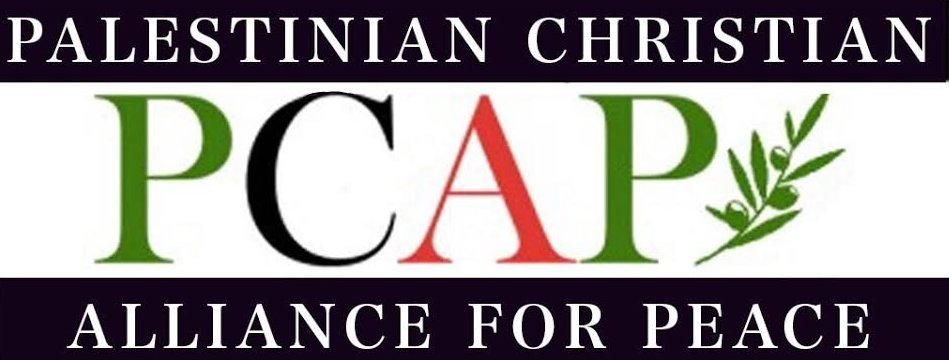Take a Stand Campaign
What does international law say about this?
It is beyond our ability to offer a summary of laws related to Israel and Palestine in this space. This would involve the laws of war as well as the laws of occupation and a whole body of human rights laws. We can point to a few overriding principles:
International law forbids the acquisition of territory by force.
A decision on territory can only be reached through a peace treaty. A territory is considered “occupied” when it is placed under the control of a conquering army, but the land cannot be annexed against the will of the inhabitants. For this reason, the Golan Heights, the Gaza Strip and the West Bank are all considered “occupied territory” under international law. (US President Donald Trump declared that the Golan Heights were part of Israel during his presidency. However, no country or leader can simply declare that any foreign territory belongs to another, and this decision has no legal validity.)
Occupation is meant to be a temporary situation.
Israel has occupied the West Bank (including East Jerusalem) and Gaza since 1967, making this the longest occupation in modern history. Although Israel removed its settlements from Gaza in 2005, it retained control over Gaza’s borders, air space, communications networks, and access to the sea. It has always entered the territory freely with its troops. Therefore, most legal sources consider it an occupied territory.
There are clear laws that govern what an occupying power can do.
According to Article 49 of the Fourth Geneva Convention, the occupier cannot under any circumstance move its own population into territory it occupies or force the residents of the occupied territory to leave. It cannot remove or use the resources that are found within the occupied area. The people of the territory are to be protected by the occupying power. “The occupying power has the duty to ensure that the adequate provision of food and medical supplies is provided, as well as clothing, bedding, means of shelter, other supplies essential to the survival of the civilian population of the occupied territory…” (Fourth Geneva Convention Articles. 55, 58).
The Fourth Geneva Convention also includes measures relating to the protection of civilians in time of war, and the Third Geneva Convention relates to the treatment of prisoners of war. Both these pillars of international law are being violated in Gaza today. For more information on these, the International Committee of the Red Cross offers a helpful summary.
The Hague Regulations prohibit the confiscation of private property and are often invoked in relation to Israel’s takeover of Palestinian land in the West Bank, which affects Christians as well as Muslims. Again, the International Committee of the Red Cross offers a summary.
On July 19, 2024, the International Court of Justice ruled that Israel’s presence in the occupied Palestinian territories is unlawful. It called on Israel to end it and called for settlement construction to stop immediately. The opinion and reasons for it are worth reading.
A two-tiered system of political and civil rights based on racial segregation is apartheid.
Ten highly respected organizations, including two Israeli human rights groups, Amnesty International, Human Rights Watch, and Harvard Law School have also published excellent reports on the legality of Israel’s treatment of Palestinians. All of these, even the reports from Israeli sources, conclude that Israel’s treatment of Palestinians constitutes apartheid. They should be carefully read by anyone seeking to understand the current situation.
Acts intended to destroy a national, ethnic, racial or religious group constitute genocide.
In December, 2023, the government of South Africa filed a case in the International Court of Justice accusing Israel of genocide in Gaza. The 84-page document states that the "acts and omissions by Israel" are "genocidal in character because they are intended to bring about the destruction of a substantial part of the Palestinian national, racial and ethnical group". The court held lengthy hearings and heard testimony from many experts on international law before ruling it was "plausible" that Israel had violated the Genocide Convention. It ordered Israel to ensure that its forces not commit any acts prohibited by the convention, which Israel signed in 1950.
In June 2024 the Boston University School of Law Human Rights Clinic conducted an independent investigation, finding that “Israel has committed genocidal acts, namely killing, seriously harming, and inflicting conditions of life calculated, and intended to, bring about the physical destruction of Palestinians in Gaza.” The clinic contributed to a report by the global University Network for Human Rights which stated, “after reviewing the facts established by independent human rights monitors, journalists, and United Nations agencies, we conclude that Israel’s actions in and regarding Gaza since October 7, 2023, violate the Genocide Convention.”
The United Nations has published a helpful study called Legality of the Israeli Occupation of the Occupied Palestinian Territory. Another resource, The Practical Guide to Humanitarian Law is available from the respected nonprofit Doctors without Borders.

